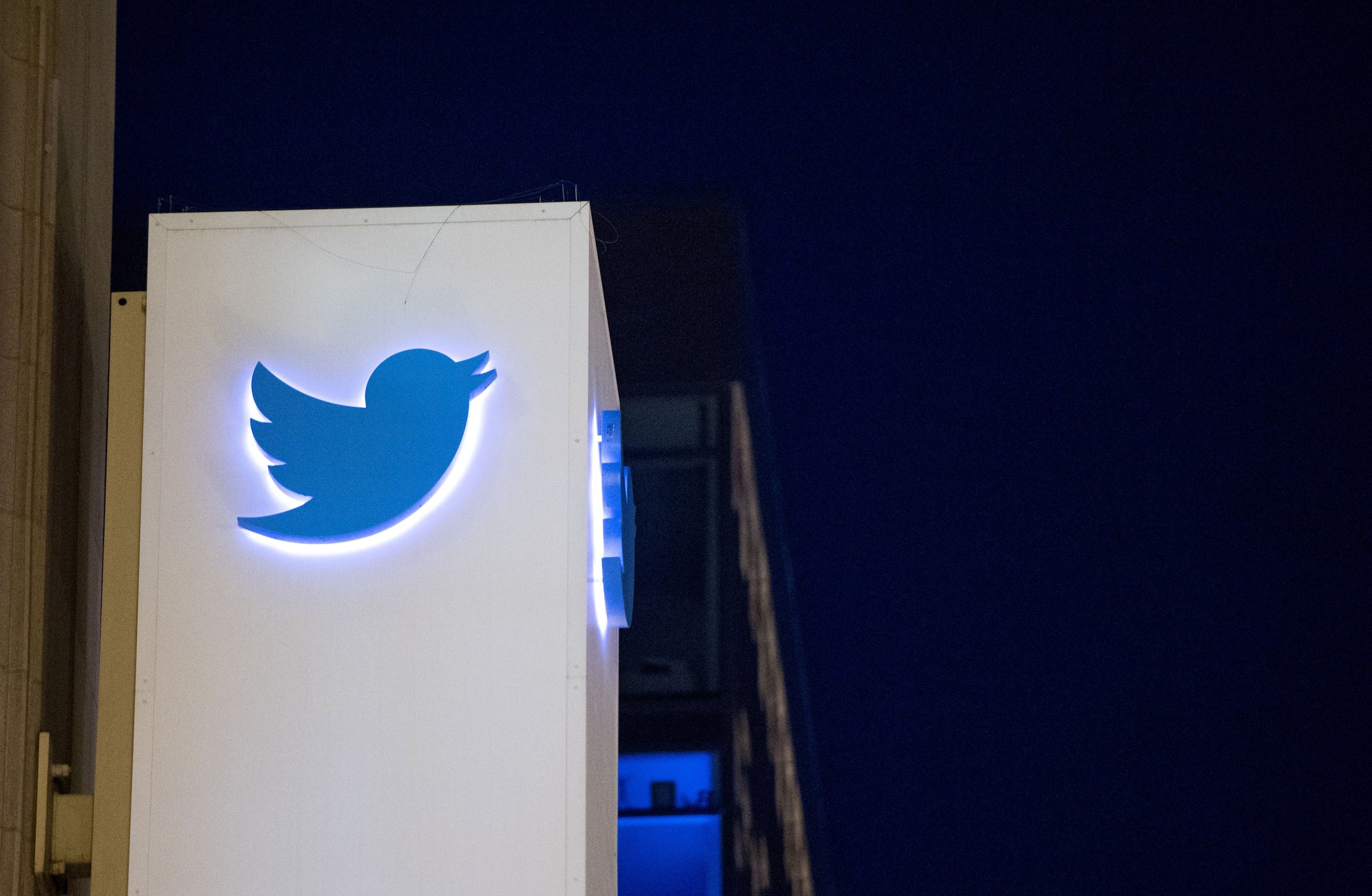
(SAN FRANCISCO) — Twitter said on Tuesday it would add labels to election-related advertisements and say who is behind each of them, after a threat of regulation from the United States over the lack of disclosure for political spending on social media.
Twitter, acting a month after Facebook launched a similar overhaul of political ads, said in a blog post it would start a website so people could see identities of buyers, targeting demographics and total ad spend by election advertisers.
Silicon Valley social media firms and the political ads that run on their websites have generally been free of the disclaimers and other regulatory demands that U.S. authorities impose on television, radio and satellite services.
Calls for that to change have grown, however, after Twitter, Facebook and Alphabet’s Google said in recent weeks that Russian operatives and affiliates bought ads and used fake names on their services to spread divisive messages in the run-up to the 2016 U.S. presidential election.
Russia has denied interfering in the election.
Citing Russia-linked ads, Facebook last month said it for the first time would make it possible for anyone to see any political ads that run on Facebook, no matter whom they target.
The attempts at self-regulation by Facebook and Twitter have not satisfied lawmakers.
U.S. Senator Amy Klobuchar said in a statement that Twitter’s announcement was “no substitute for updating our laws.” A Democrat, she is co-sponsoring legislation that would make disclosures mandatory.
Twitter said its changes would take effect first in the United States and then globally.
The new approach to ads would be visible in people’s Twitter feeds, where election ads would have the label “promoted by political account,” the company said.
“To make it clear when you are seeing or engaging with an electioneering ad, we will now require that electioneering advertisers identify their campaigns as such,” Bruce Falck, Twitter’s general manager of revenue product, said in the blog post.
Twitter said it would limit targeting options for election ads, although it did not say how, and introduce stronger penalties for election advertisers who violate policies.
The company said it would also allow people to see all ads currently running on Twitter, election-related or otherwise.
Twitter’s latest move would not tackle its longstanding problem with fake or abusive accounts that some users and lawmakers also blame for influencing last year’s U.S. election. Unlike Facebook, Twitter allows anonymous accounts and automated accounts, or bots, making the service more difficult to police.
Transparency by itself “is not a solution to the deployment of bots that amplify fake or misleading content or to the successful efforts of online trolls to promote divisive messages,” Representative Adam Schiff, the top Democrat on the House Intelligence Committee, said in a statement.
Twitter said last month it had suspended about 200 Russia-linked accounts as it investigated online efforts to influence last year’s election.
The general counsels for Facebook, Google and Twitter are scheduled to testify next week before the Senate and House intelligence committees.
More Must-Reads from TIME
- Donald Trump Is TIME's 2024 Person of the Year
- Why We Chose Trump as Person of the Year
- Is Intermittent Fasting Good or Bad for You?
- The 100 Must-Read Books of 2024
- The 20 Best Christmas TV Episodes
- Column: If Optimism Feels Ridiculous Now, Try Hope
- The Future of Climate Action Is Trade Policy
- Merle Bombardieri Is Helping People Make the Baby Decision
Contact us at letters@time.com